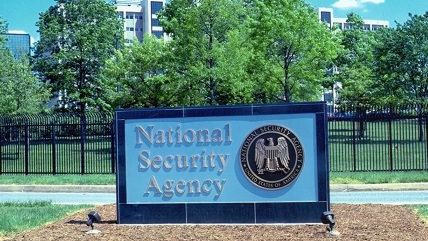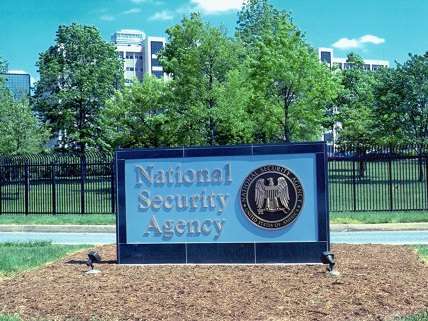School Secretly Monitoring Students' Facebook Posts—On Advice from NSA


A Huntsville, Alabama, public school superintendent says that after taking a friendly call from the NSA, he decided to start secretly monitoring students' social media activities.
The school board had no idea what he was doing, and the NSA has denied that it would make a phone call concerning a domestic matter. But Superintendent Casey Wardynski says no, it was definitely the NSA who called.
The entire, confusing story, courtesy of Alabama.com:
A secret program to monitor students' online activities began quietly in Huntsville schools, following a phone call from the NSA, school officials say.
Huntsville schools Superintendent Casey Wardynski says the system began monitoring social media sites 18 months ago, after the National Security Agency tipped the school district to a student making violent threats on Facebook.
The NSA, a U.S. agency responsible for foreign intelligence, this week said it has no record of a call to Huntsville and does not make calls to school systems.
Regardless of how the program started, Huntsville City Schools began scanning Facebook and other sites for signs of gang activity, watching for photos of guns, photos of gang signs and threats of violence.
The Huntsville monitoring program is called SAFe, or Students Against Fear. School board members said they did not know about the program when contacted last week.
The story goes on to note that at least three students were expelled for posting pictures of themselves holding guns, even though none of the pictures were taken on school grounds.
The NSA's initial call to the school, according to Wardynski, concerned a student who had made a "threat" about a teacher on Facebook. NSA saw the post because the student had been talking online with someone from Yemen, said the superintendent. That seems possible, if not entirely believable:
"There was a foreign connection," said Wardynski, explaining why the NSA would contact Huntsville schools.
Al Lankford, the city's longtime school security officer, told AL.com that he took the NSA phone call. He said security officers went to the high school and eventually searched the boy's car.
"We found a very good size knife and the student was expelled," said Wardynski, a former U.S. Army colonel appointed as superintendent in Huntsville in 2011.
Whether it was really the NSA or just somebody trying to get a kid in trouble, the phone call has served as powerful inspiration.
The district's Code of Conduct states that students may not possess "weapons or anything made, designed or adopted or used for the purpose of inflicting death or serious physical injury," nor may they pose "in a menacing manner with what appear to be weapons." Such behavior is unacceptable, even it it occurs away from school grounds, according to officials.
For now, the social media monitoring program is focused solely on detecting gang activity. It would be easy to imagine the scope of SAFe's mission expanding to include surveillance of non-violent student activity, like alcohol and drug consumption, however.
Most civil libertarians would probably prefer if the NSA—or whoever made that call—would stop inspiring schools to setup their own spy agencies.


Show Comments (69)